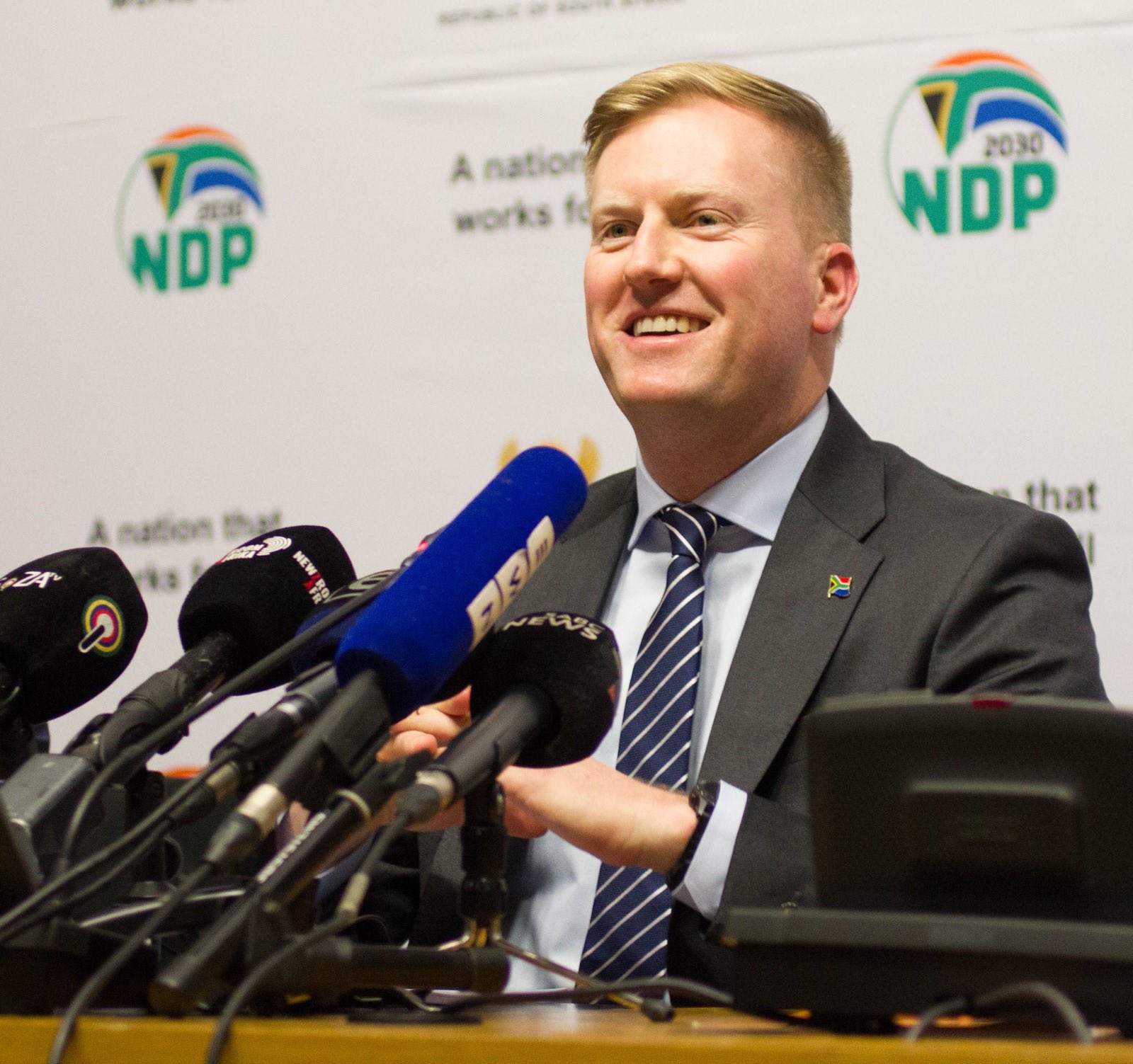The Department of Public Works and Infrastructure has launched a construction reform plan aimed at fixing South Africa’s broken public infrastructure system and blacklisting failing contractors.
Minister Dean Macpherson unveiled the South African Construction Action Plan (Sacap) in Cape Town, calling it a framework to restore accountability and end “the days of doing business with the government without delivering.”
“South Africans are tired of excuses and incomplete projects,” said Macpherson. “They deserve better.”
Collapse of Public Infrastructure
Public construction spending has plummeted from R283 billion in 2016 to R198 billion in 2021, according to Stats SA.
The Auditor-General found that between 2016 and 2020, missed deadlines on projects jumped from 10% to 60%, driven by poor planning, weak management, and budget diversions.
Examples like Mayibuye Primary School in Midrand, built on a waterlogged area at a cost of R82 million, highlight the scale of waste and dysfunction.
Six-Point Blueprint for Accountability
The new Public Works construction reform plan introduces six measures to fix systemic failures:
1. Blacklisting bad contractors
A national database will name and restrict firms that fail to deliver, closing loopholes that let them re-register under new names.
2. Fixing cash flow chaos
Infrastructure funds will be ring-fenced to stop budget diversions, with a real-time national-provincial subcommittee tracking compliance.
3. Tracking every project
Every department must deploy a digital asset tracking system by March 2026 for full transparency.
4. Procurement war rooms
Special units of engineers, legal advisers, and supply chain specialists will monitor tenders and high-value contracts.
5. Strengthening audits
The department will now work directly with the Auditor-General to resolve audit issues immediately.
6. Professionalising the state
All engineers, architects, and project managers must be professionally registered by June 2026 to rebuild state capacity.
Cracking Down on the Construction Mafia
The plan also targets criminal groups that extort public projects under the guise of “business forums.”
Macpherson said 850 arrests and 240 convictions have been made through the Durban Declaration enforcement effort.
Parliament’s Mzwandile Masina backed the crackdown, saying empowerment policies were being abused by “thugs demanding payment.”
“This was meant to uplift small businesses, not criminals,” said Masina.
Restoring Accountability
Public Works manages R14 billion in active projects. Macpherson praised Gauteng, KwaZulu-Natal, and the Western Cape for “pockets of excellence,” proving that effective systems are possible.
Deputy Director-General Batho Mokhothu said the plan will be rolled out in four phases with quarterly public progress reports.
“The system has failed too often,” Macpherson said. “We are fixing it, and we ask South Africans to hold us accountable.”




























